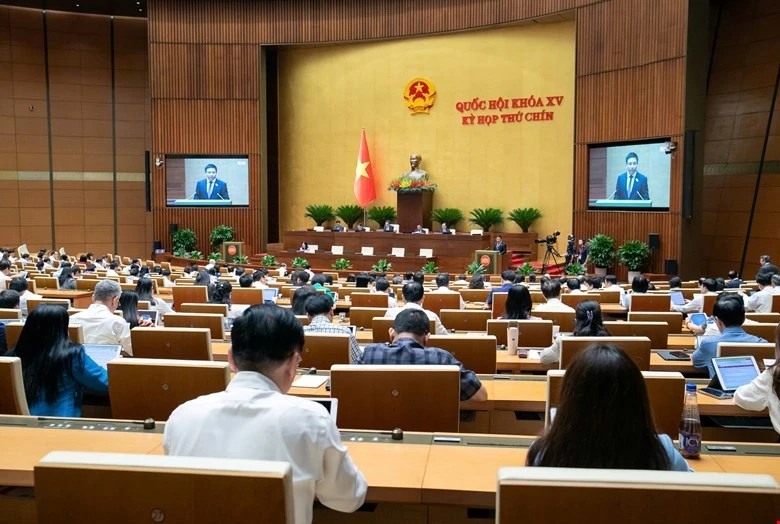
On May 17, the National Assembly listened to the Submission and Report on the examination of the draft Law amending and supplementing a number of articles of the Law on Bidding; the Law on Investment under the Public-Private Partnership (PPP) model; the Customs Law; the Law on Export Tax and Import Tax; the Investment Law; the Law on Public Investment; and the Law on Management and Use of Public Assets.
This draft Law is expected to create a more open "playground" for businesses while establishing a transparent and effective post-inspection mechanism, maximally preventing loopholes and policy abuse.
Review and amend to "unleash" the economy
Authorized by the Prime Minister, Minister of Finance Nguyen Van Thang presented the Draft Law, emphasizing the need to amend and supplement current legal documents in the face of rapid changes in the socio-economic situation.
"Legal documents on investment, finance and budget have encountered some difficulties and problems during implementation, requiring review and research for amendment and supplementation," said Minister Thang.
The Government has urgently reviewed, summarized, and evaluated the implementation of the Laws in the fields of investment, finance, and budget and identified 7 Laws that need to be amended and supplemented accordingly. The goal is to reorganize and organize the local government apparatus, creating momentum to contribute to promoting the development of science, technology, innovation, national digital transformation, and promoting economic growth.
The draft Law aims to fully institutionalize the policies and orientations of the Party and the State, promote support, decentralization, delegation of power and reform of administrative procedures on investment, finance and budget. The draft Law also aims to promptly remove difficulties and obstacles, clear up and effectively use resources for economic development, science, technology, innovation and national digital transformation. The draft Law also ensures the unity and synchronization of the legal system; improves the investment and business environment and promotes economic growth.
"Panning for gold"
One of the highlights of the draft Law is the amendment and supplementation of a number of articles of the Law on Bidding. Accordingly, the two amendments and improvements focus on regulations prioritizing science and technology, innovation; Autonomy for state-owned enterprises and public service units.
Specifically, amend regulations to ensure the autonomy and self-determination of contractors for organizations and individuals in charge of implementing scientific and technological tasks. Incentives for innovative enterprises, scientific and technological organizations, digital technology products and services are given priority in the assessment of capacity, experience, bonus points or bonus money.
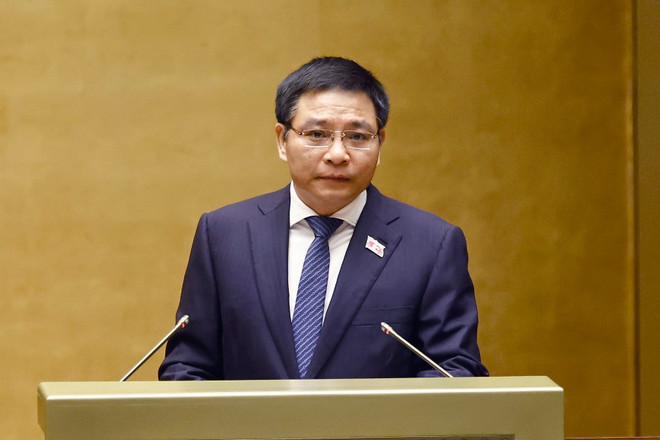
In addition, State-owned enterprises (regardless of capital sources) and public service units of groups 1 and 2 that do not use the State budget will be able to decide on the selection of contractors based on the principles of publicity, transparency, efficiency and accountability.
In addition, the draft Law adds many important new regulations, including international bidding, technology transfer, flexible selection of bidding forms, and improving bidding quality.
The draft Law also cuts down and simplifies procedures and shortens bidding time by abolishing the procedure for evaluating contractor selection results, streamlining the apparatus (such as abolishing the role of the bidding party and transferring some tasks of the bidding party to expert groups and investors), decentralizing and delegating power (amending regulations on bid designation and competitive bidding in the direction that the Law only stipulates principles and assigns the Government to specify details on these forms).
Regarding the Law on Investment under the Public-Private Partnership (PPP Law), the draft Law focuses on the contents of support, incentives, and guarantees from the State. Accordingly, the draft Law allows the application of BOT contracts for projects to upgrade and expand works; Adds cases of early contract termination for science and technology PPP projects with actual revenue lower than 50% of the expected revenue; Amends the mechanism for sharing the reduced revenue in the direction of assigning the Government to specify the sharing ratio in detail.
In particular, the provisions on expanding the designation of investors (adding the case of designating contractors for some cases) and adding the form of selecting investors in special cases for PPP projects in the field of science and technology. In addition, the draft Law has relaxed the evaluation criteria, such as investors only need to demonstrate the ability to arrange capital without having to demonstrate experience in implementing similar projects. Or, in the case of designation for investors proposing projects, investors are only required to meet financial capacity and have a feasible financial plan.
The draft Law also eliminates many cumbersome administrative procedures while increasing decentralization and delegation of authority to ministries, branches and localities in deciding on investment policies, approving projects and selecting investors.
Promoting investment in key areas
Draft Law amending and supplementing a number of articles of the Law on Export Tax and Import Tax towards expanding the scope of import tax exemption for imported goods to develop science, technology, innovation, and digital transformation.
Regarding the Investment Law, the draft Law adds many important contents, including investment incentives, specifically adding a list of industries and occupations with investment incentives for "investment in the construction of large data center infrastructure, cloud computing infrastructure, mobile infrastructure from 5G and above and other digital infrastructure in the strategic technology sector," digital technology zones focusing on investment incentive areas and adding regulations on incentives and special investment support for investment projects in investment incentive sectors of strategic technology.
Supplementing regulations on the establishment of economic organizations, special investment procedures and extending the term of operation (not exceeding 70 years) and inspection of investment projects.
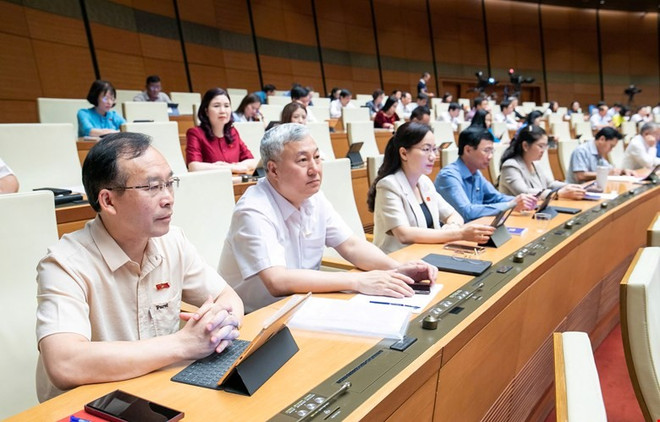
Regarding the Law on Public Investment, the draft Law focuses on additional provisions regulating public investment projects, especially projects implemented under the direction of the Politburo, the Secretariat, and the Government, to apply special mechanisms and prioritize capital allocation to accelerate implementation progress; Supplementing the task of preparing for site clearance as a basis for approving compensation, support, and resettlement plans for the project. Supplementing provisions on capital limits (equal to 2 times the capital level of the current public investment plan) as a basis for ministries, agencies, and localities to proactively appraise capital and approve investment policies.
In order to simplify procedures, the draft Law also adds cases of adjusting investment policies, cases where programs and projects increase total investment from other legal capital sources or increase support capital from higher-level budgets, without needing to adjust investment policies. In addition, the draft Law also strongly decentralizes and delegates power to ministries, branches and localities in deciding on investment policies, approving projects and adjusting public investment plans.
Draft Law needs to be stricter
Presenting the Report on the review of the draft Law, Chairman of the Economic and Financial Committee Phan Van Mai expressed his agreement with the necessity of amending and supplementing the Laws with the political, legal and practical bases stated in the Government's Submission.
"In addition, the Economic and Financial Committee recommends that the Government direct relevant agencies to continue to carefully review, closely follow the goal of amending the law, focus on amending and supplementing urgent contents to remove difficulties and obstacles in practice, especially in the field of science and technology activities. The Government ensures to create favorable and transparent conditions and procedures for businesses, organizations and individuals while ensuring strict management requirements, having a transparent and effective post-inspection mechanism, avoiding creating loopholes and taking advantage of policies," said Mr. Mai.
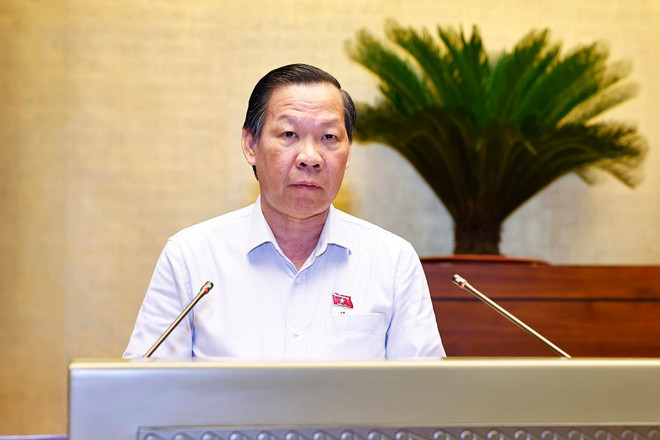
Regarding some major amendments and supplements to the laws, the Economic and Financial Committee has given many important opinions.
Regarding the Law on Bidding, the Economic and Financial Committee basically agrees with the Government's proposal on regulations allowing state-owned enterprises, public service units to self-insure regular expenditures, investment expenditures and public service units to self-insure regular expenditures to decide on bidding activities for regular purchases, production and business services and investments that do not use the State budget. However, the Committee also notes the risk of a request-grant mechanism and policy exploitation if this regulation is not strictly controlled.
Regarding the Law on PPP, the Economic and Financial Committee recommends that the proposal to remove the prohibition on the application of direct toll collection contracts from users for PPP projects and not to require ensuring the right of service users to choose in the case of renovation, upgrading, expansion, modernization, and operation of expressway infrastructure systems be carefully considered. The Committee also recommends that the Government review and ensure the political basis and strict regulations in the draft Law for BOT projects in the road sector with contracts signed before the effective date of the 2020 PPP Law.
The Law on Public Investment, the Economic and Financial Committee agreed to add two new contents: "policy for special public investment projects" and "tasks of preparing for site clearance." However, the Committee also proposed that the Government have specific regulations for implementation, ensuring the consistency of the legal system.
Source: https://baobinhphuoc.com.vn/news/4/172852/du-thao-1-luat-sua-7-luat-tao-san-choi-thong-thoang-hau-kiem-minh-bach




![[Photo] Multi-colored cultural space at the Exhibition "80 years of the journey of Independence - Freedom - Happiness"](https://vphoto.vietnam.vn/thumb/1200x675/vietnam/resource/IMAGE/2025/8/26/fe69de34803e4ac1bf88ce49813d95d8)

![[Photo] Hanoi: Authorities work hard to overcome the effects of heavy rain](https://vphoto.vietnam.vn/thumb/1200x675/vietnam/resource/IMAGE/2025/8/26/380f98ee36a34e62a9b7894b020112a8)
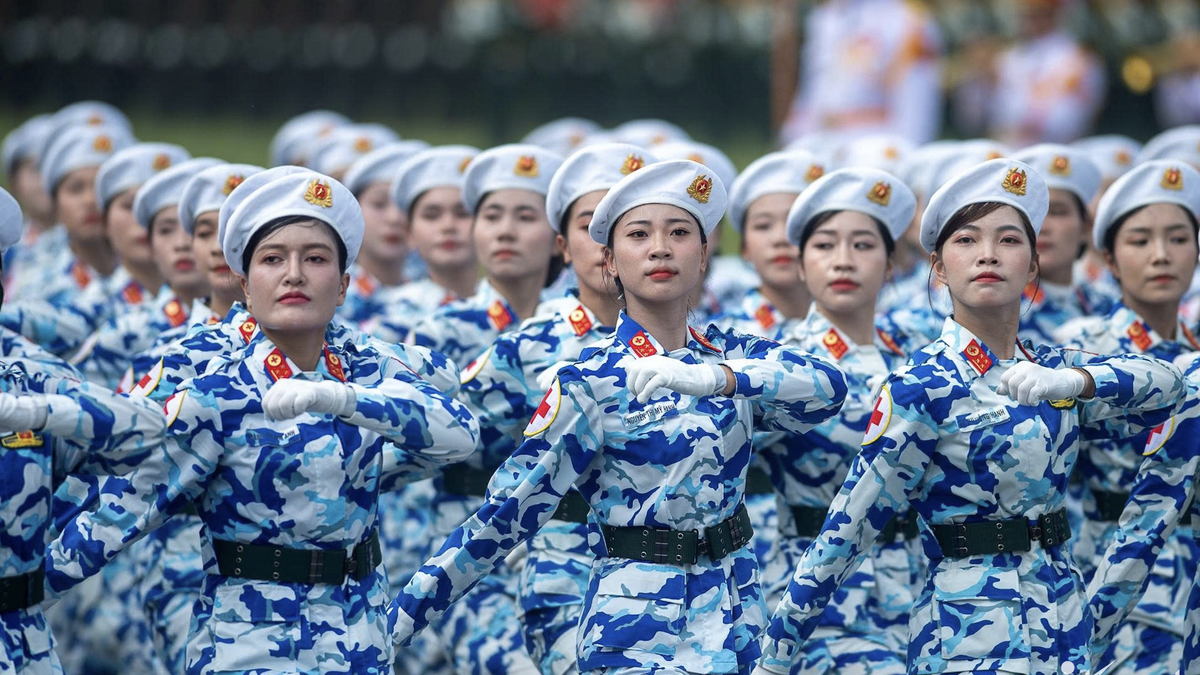

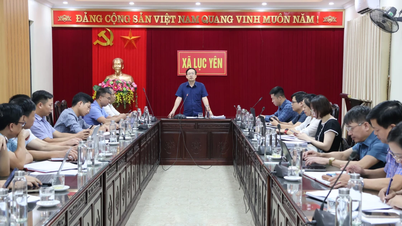

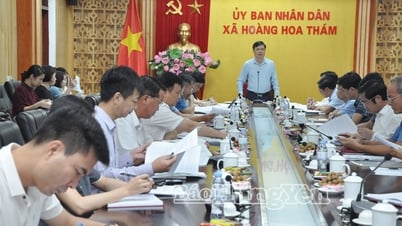



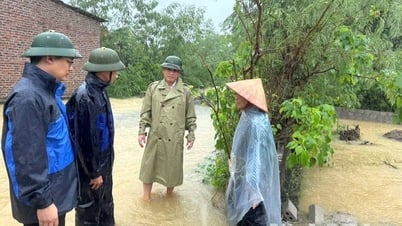
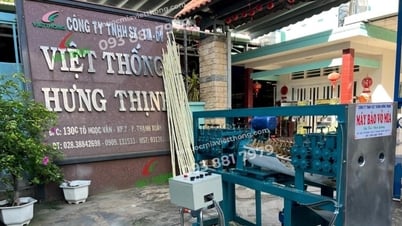

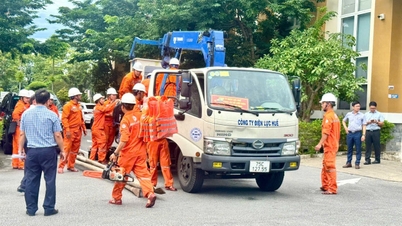





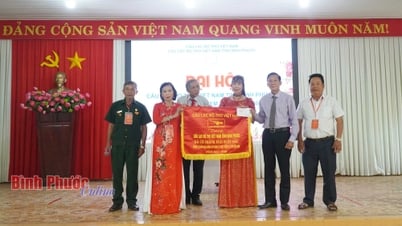

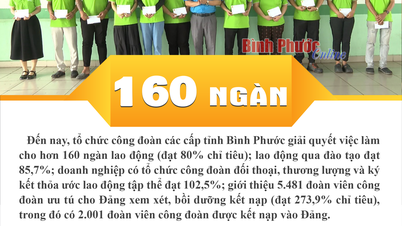

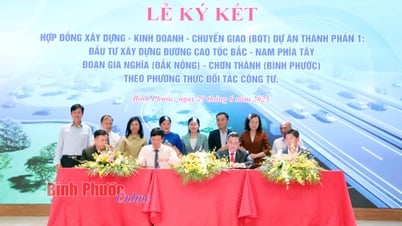

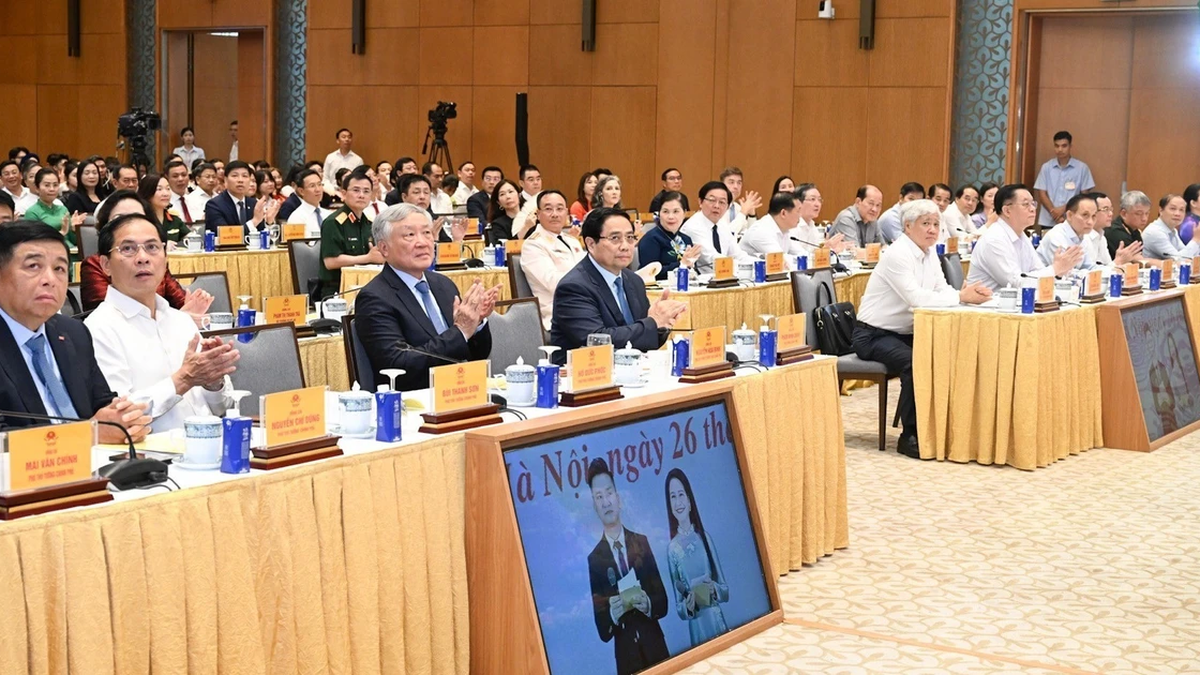































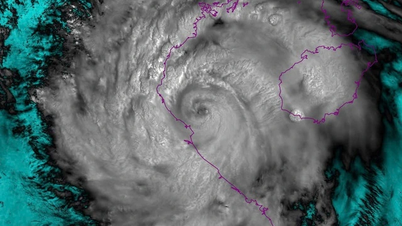


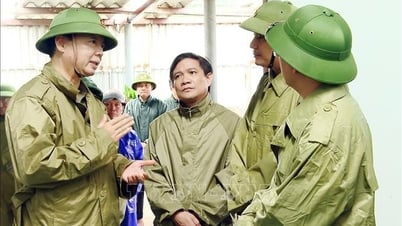

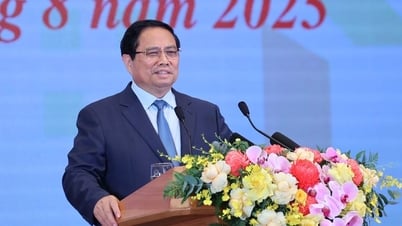
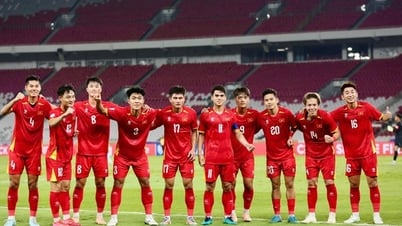



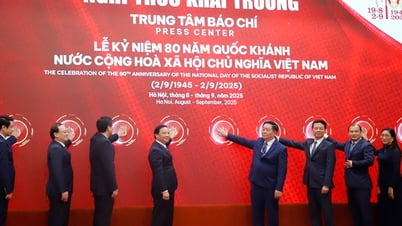


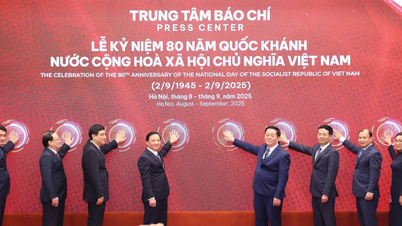
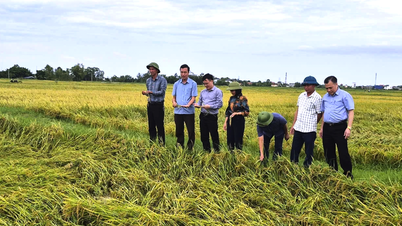

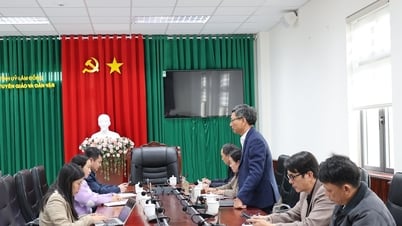
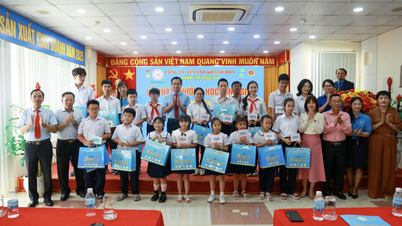





















Comment (0)